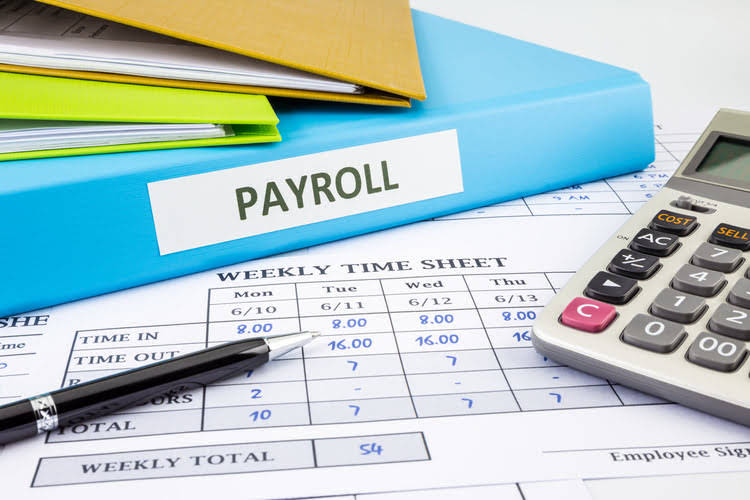
Content

A few different types of degrees can lead to a career in forensic accounting. A bachelor's degree in accounting, forensic accounting, finance, or a related field is typically the minimum requirement for entry-level positions. However, employers may also prefer candidates with a master’s or doctoral degree.

Evidence suggests that test-takers with advanced degrees may perform better on accounting certification exams. For some, though, the opportunity to work with numbers example of forensic accounting each day is an exciting possibility. These analytical minds can see the diversity and creativity within numbers and mathematics that many others cannot.
During these cases, the work of forensic accountants is often on public display and enters the cultural zeitgeist in a way that accounting rarely does. A forensic accountant may be asked to quantify the economic damages arising from a vehicle accident or a case of medical malpractice or other claims. The scope and mechanics of Bernie Madoff's Ponzi scheme are understood today because forensic accountants dissected the scheme and made it understandable for the court case. Forensic accountants search for hidden assets in divorce cases and investigate breaches of contracts, tort, or disagreements relating to company acquisitions like breaches of warranty, or business valuation disputes. Forensic accountants analyze financial records and accounts that may be used as legal evidence and often testify in court cases as expert witnesses. They may work on cases such as fraud and embezzlement and explain the nature of a financial crime in court.
In the past decade, the world of forensic accounting has become both more specialized in skills and broader in scope. CPAs were not the driving force behind the savings and loan scandal of the 1980s and 1990s; while regulations were lax and the real estate market was speculative, the role of the forensic accountant was unknown in the period. As much as the trend toward specialization may be simply evolutionary, it is still worth noting that the need for the field of forensic accounting as an applied science has become greater over the decades. Many, but not all, forensic accountants are also certified public accountants (CPAs).
Law enforcement agencies at different levels of government hierarchy have trained and recruited individuals to investigate financial matters. However, due to their area of expertise, accountants with years of experience, education, and training always have an edge in being experts in complex financial matters. It is especially important for large corporations that a huge chunk of their operations are conducted through IT software, providing a complex culture. The federal governments have largely failed to evolve with these complexities in their search and seizure methods. The first step in a forensic accounting investigation is to gather all relevant information.

You need a CPA license to qualify for the specialized test leading to the certified in financial forensics (CFF) designation. Forensic accountants who are just starting out can choose from several entry-level paths. For example, forensic auditors tend to perform the same functions throughout their career.
The interviewer is trying to gauge the candidate's self-awareness and see if they have a realistic view of the job. It's important to know what the candidate perceives as the worst part of the job so that the interviewer can address any concerns and ensure that https://www.bookstime.com/bookkeeping-services/san-jose the candidate is still interested in the position. You can enroll in a four-day review course, or study at your own pace with materials sold by the ACFE. The organization also advertises a 90-day challenge with monthly study guides and weekly check-ins.
The common procedures include financial statement analysis, computer assistance, supporting document examination, investigation, and interview. If you are interested in pursuing a forensic accounting career, read for more information about this exciting field. Employment of accountants and auditors is expected to increase by 6% from 2021 to 2031, according to the BLS. In comparison, the BLS projects a 5% growth across all fields from 2021 to 2031. To qualify for the exam, you need to have 40 points in the ACFE’s system—equal to four years of college. Once you pass, you need to complete an additional 10 points and two years of fraud-related work experience.
It is becoming increasingly important for attorneys to understand financial statements and their relevance to various types of business and legal situations. The non-accountant attorney will greatly benefit from a basic understanding of the key principles of accounting. MDD is very often retained in litigation engagements when the measurement of damages takes a back seat to liability and causation. Although attorneys often rely upon experts in the areas of damages, it is very important that the damages receive the same due diligence as liability etc. Due diligence means assuring that the expert obtains all the information available to support the expert opinion.
© Copyright 2021 by Get Smart Retirement Group| Design by Fitser